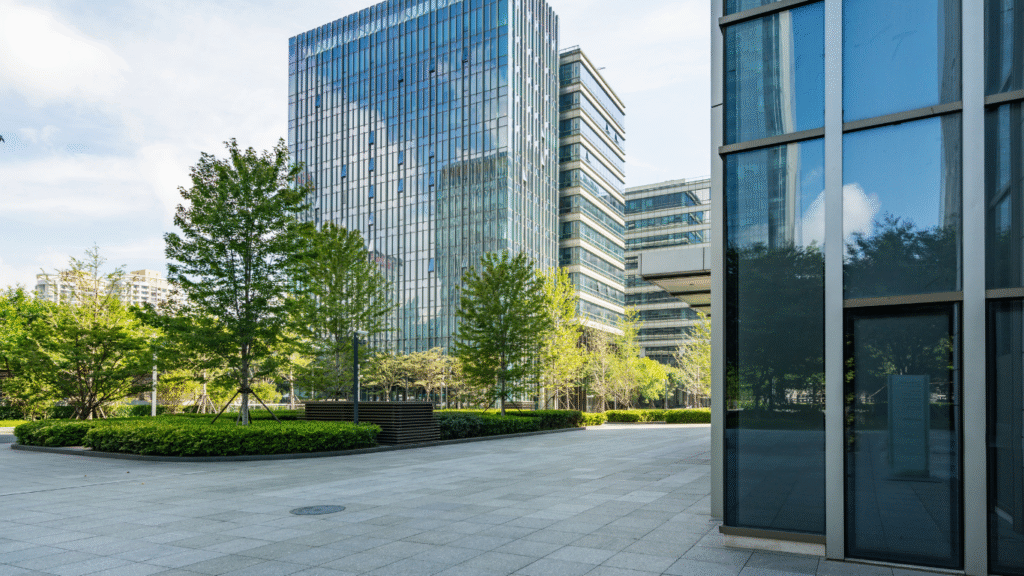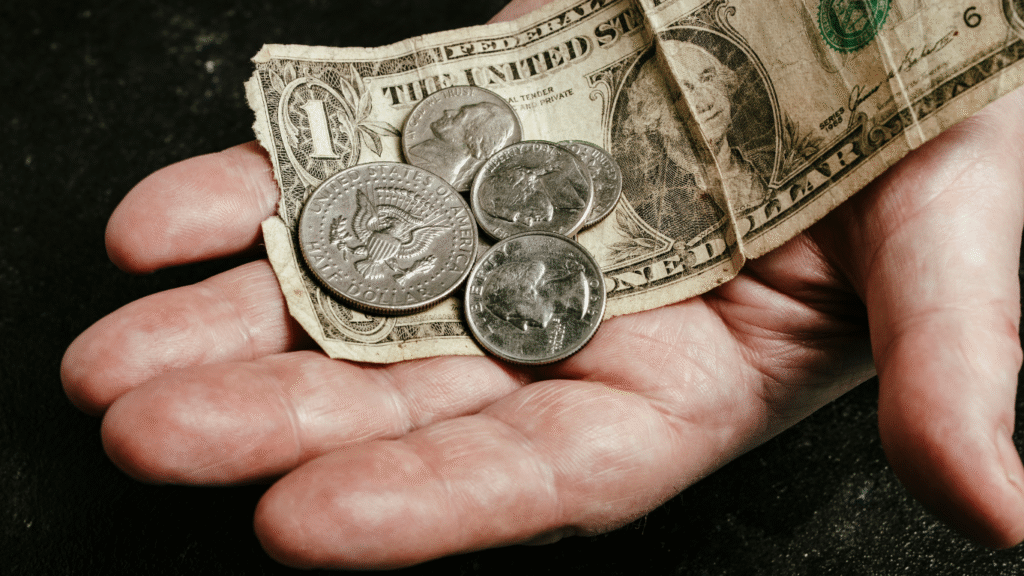Each year, sargassum seaweed floods Caribbean shores, choking marine life, disrupting fishing, and transforming postcard beaches into foul-smelling hazards. But what if this persistent nuisance could power our region?
Sargassum isn’t just unsightly, it’s costly and toxic. It damages marine equipment, destroys nets, blocks fishing boats and sea turtle nesting grounds. As it rots, it emits hydrogen sulfide, a noxious gas that triggers respiratory illnesses in coastal communities. The toll on tourism, public health, and local economies is mounting and cleanup isn’t cheap
What is SarGas doing?
SarGas, a Grenada-based startup, is flipping the narrative. It’s turning invasive seaweed into biogas and biofertilizer unlocking a sustainable, locally driven solution. The company’s strategy involves processing sargassum in biodigesters to produce clean energy and agricultural inputs.
As part of its roadmap to stabilize Grenada’s energy supply and reduce emissions, SarGas plans to develop a 160-kW biogas plant capable of generating approximately 1,300 MWh of electricity per year. The facility also aims to produce 600 tons of dried biofertilizer annually, enough to enrich 300 to 600 acres of farmland each year.
Nearly all of Grenada’s electricity comes from imported diesel, one of the most expensive and polluting energy sources. SarGas CEO, Benjamin Nestorovic states that their model is not only cleaner but also more affordable. (Source: The Washington Post)
Why It Matters
SarGas aims to transform the seaweed problem across the Caribbean, turning what was once a regional menace into a valuable resource. The company plans to scale its operations and install 20 MW of sargassum-powered energy capacity across the region by 2030, supporting broader sustainable development goals.
Turning sargassum into biofuel is a win-win for the Caribbean. It addresses an environmental crisis, reduces dependence on imported fossil fuels, and supports energy security, climate resilience, and economic opportunity all with a solution rooted in the region’s own ecosystems.
While this approach won’t fully replace fossil fuels, the ability to replace a portion of it with clean energy will have significant positive impact and represents a meaningful step forward. Turning a coastal crisis into clean, local energy is exactly the kind of climate-smart innovation the Caribbean needs.
SarGas isn’t just cleaning up the coastline — it’s paving the way for a cleaner, more resilient Caribbean future.
Read more about Sargassum and its impact on the Caribbean here.



